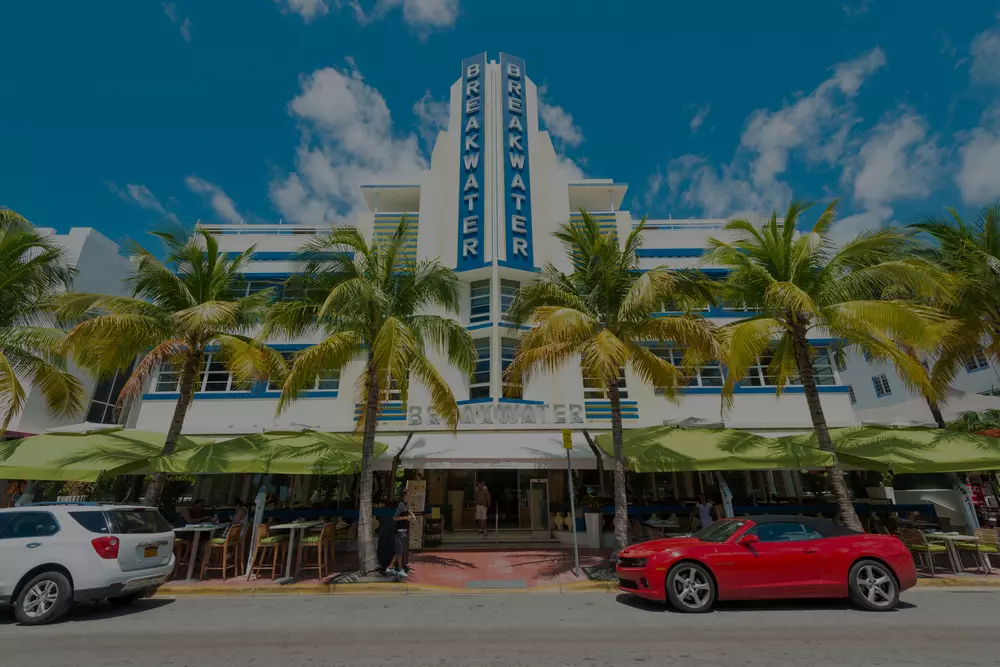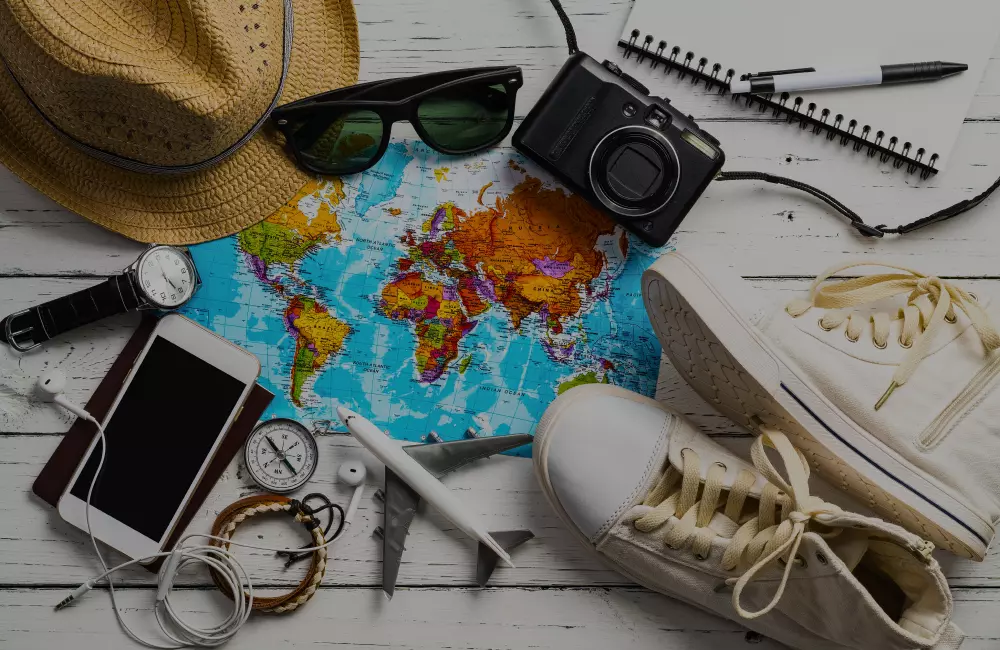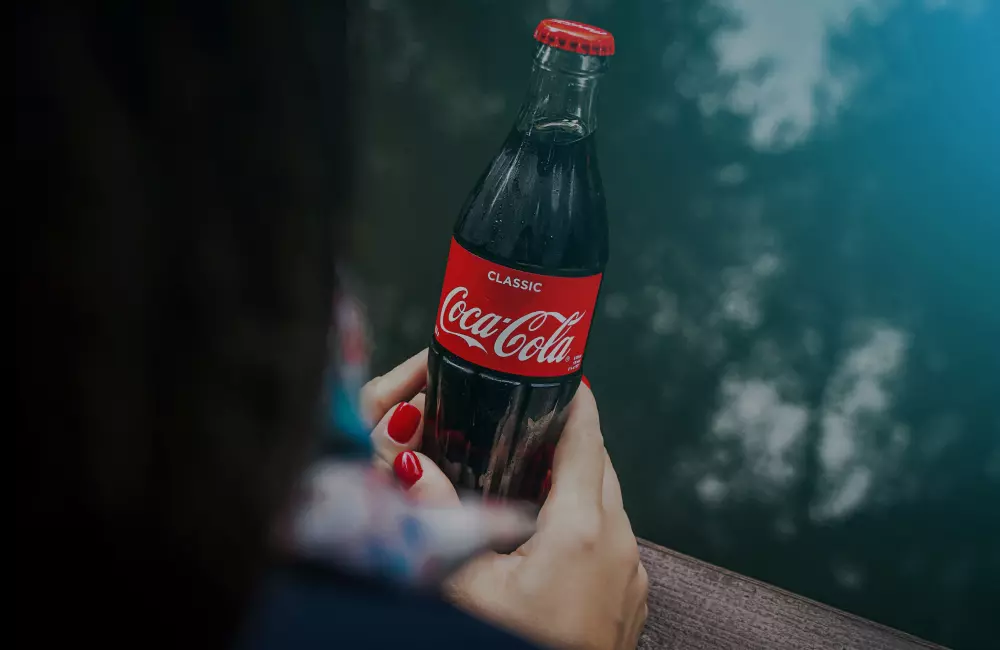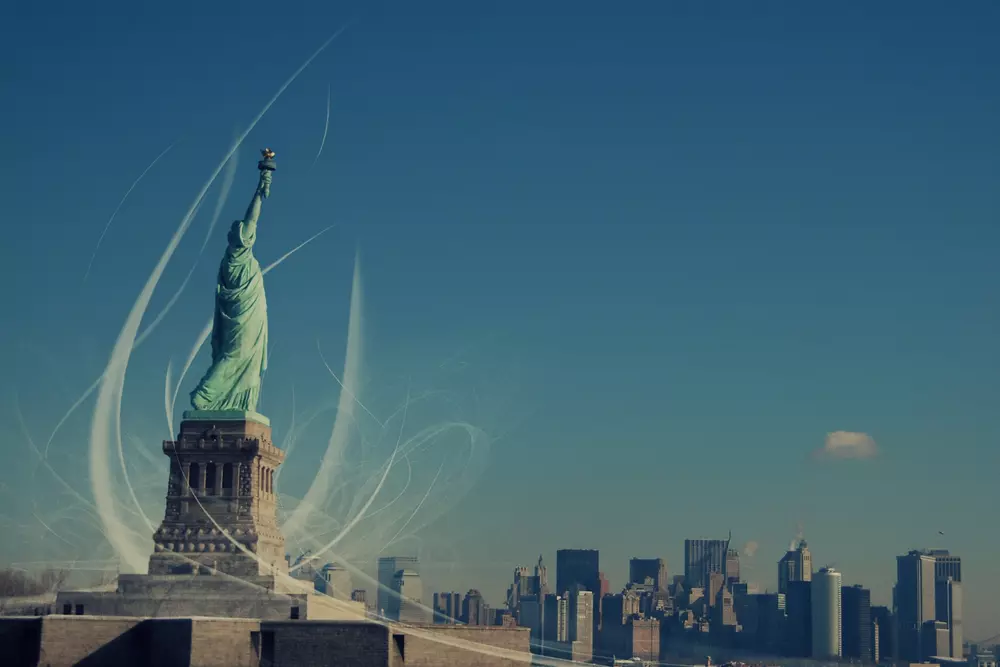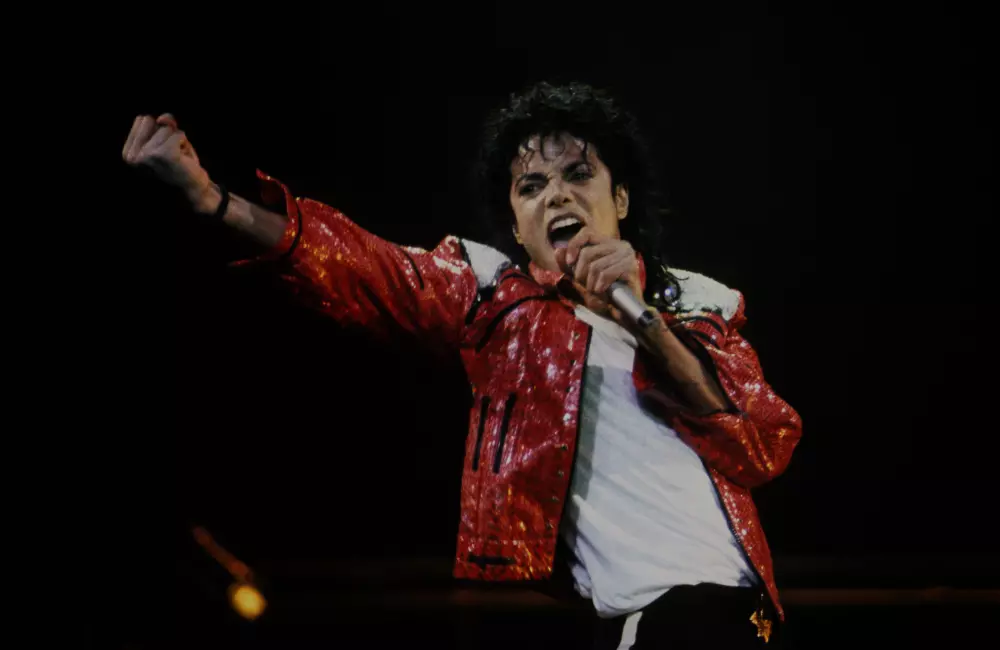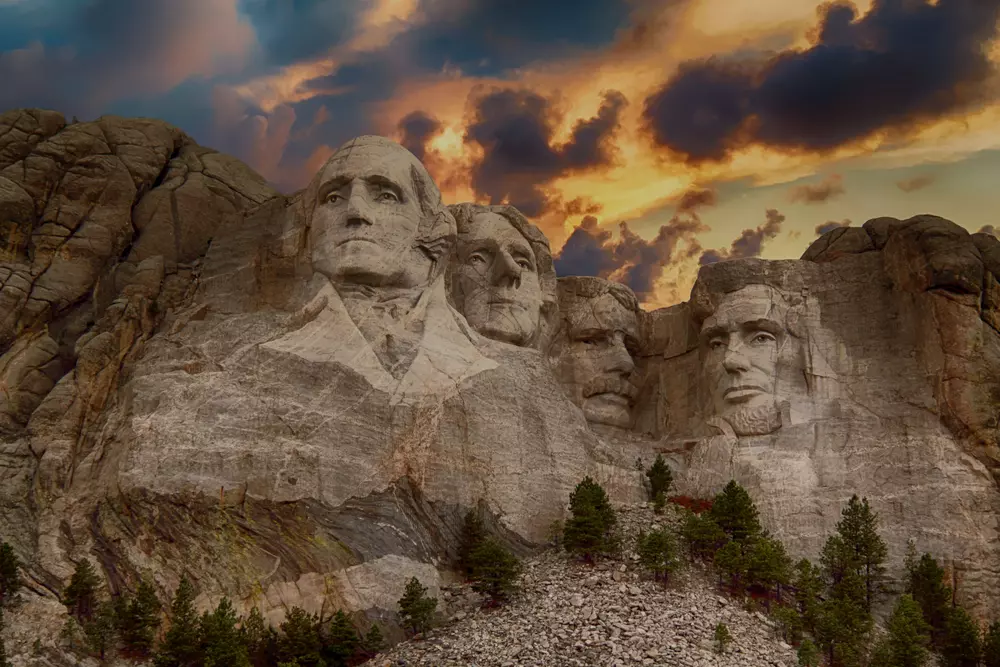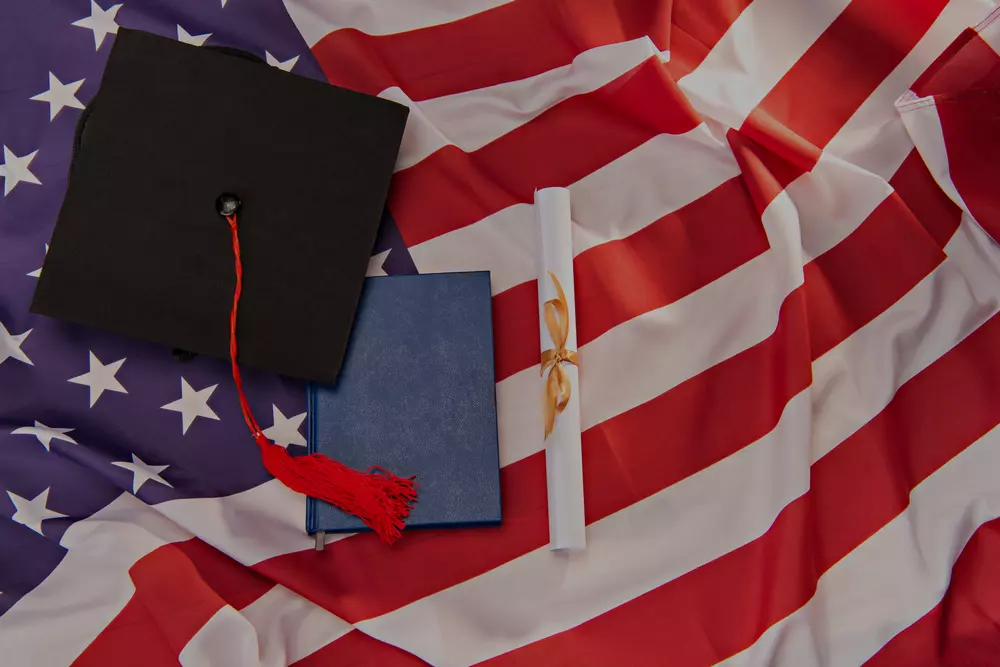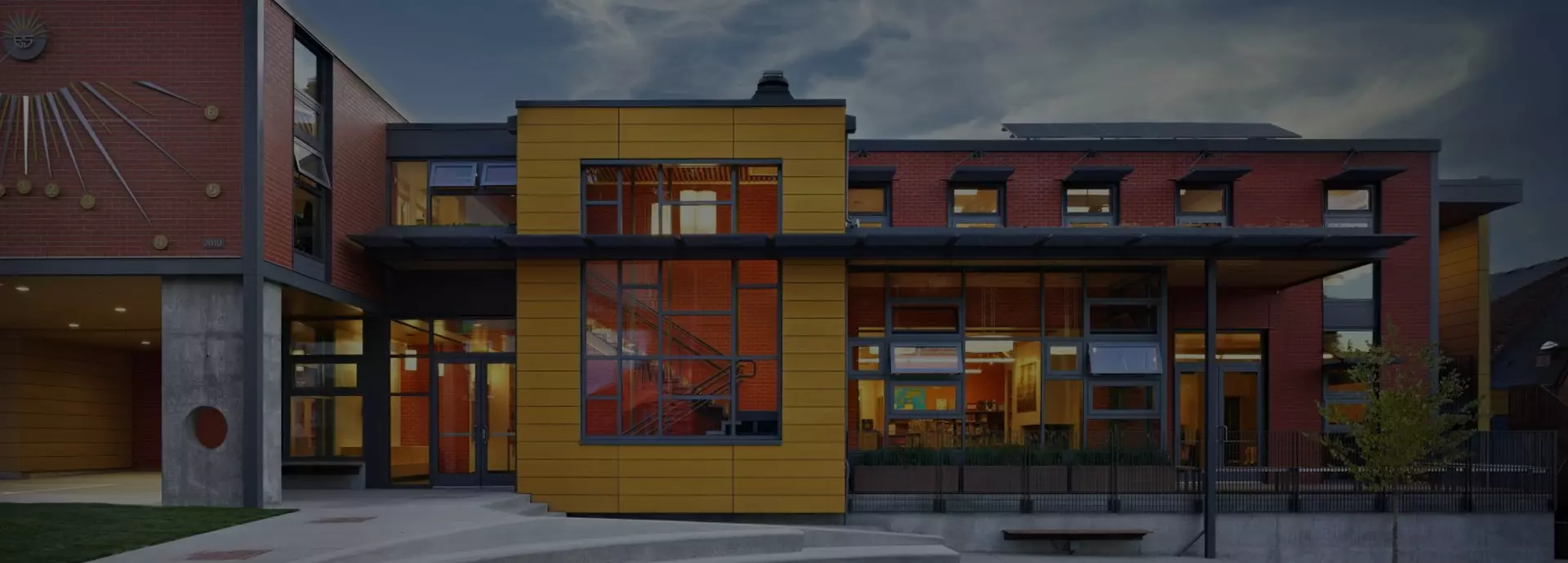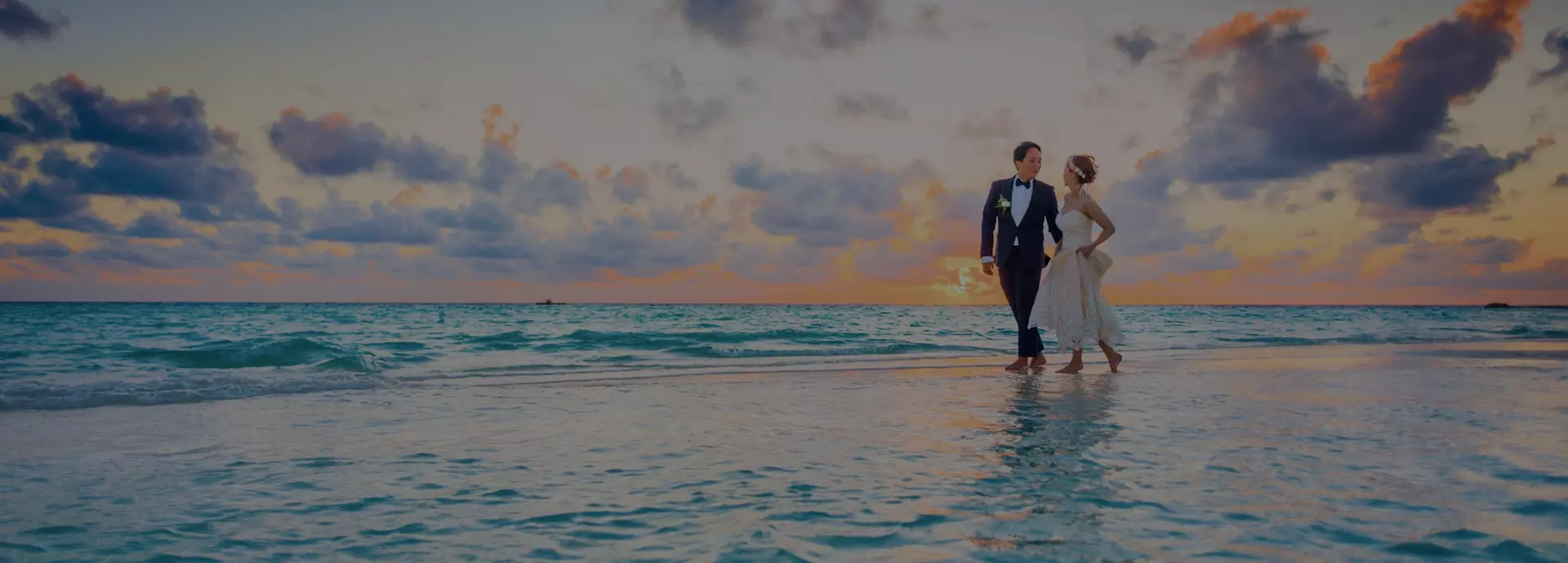The structure of American law enforcement is one of the most complex in the world. With so many branches, it’s sometimes hard to keep track. But we’ll break down the basics — and most importantly, explain the differences between a police officer, a trooper, and a sheriff. Spoiler alert: it’s not about dealing with corpses.
Read on to find out how U.S. law enforcement works, why there's a separate branch for troopers, and who gets to wear a military-style hat, drive a cool Chevrolet Tahoe, or carry a holster
Hierarchy of American Police
As mentioned, there are tons of different law enforcement divisions. But we’ll cover the main ones, so you can at least recognize and tell them apart visually.
Federal Law Enforcement — The Ones in Suits
The coolest and most movie-famous branch is the federal police. These guys often wear business suits instead of uniforms, carry holsters under their jackets, drive large vehicles, and always keep that serious, cinematic look. Their jurisdiction covers federal law enforcement, intelligence connections, and other matters reserved “for the chosen ones.”
State Police — Hats, Highways, and Everything In Between
A step down the hierarchy is the state police, who make up almost 50% of all law enforcement officers in the USA. They handle all sorts of duties within their state borders. And yes — they’re often the ones wearing those classic American wide-brimmed hats straight out of a Major Payne movie.
City Police — The Ones in Black Uniforms
One level lower is the city police — a must-have for any town with more than 400,000 residents. You’ve probably seen these officers in black caps countless times in movies. One of the most iconic examples is the New York Police Department (NYPD). City police handle all incidents within city limits. If a chase or investigation crosses into another jurisdiction, the case is handed over to either the neighboring city’s department or the state police.
Each department has dozens of specialized divisions — patrol units, detectives, investigators, and even cybersecurity experts. Everything’s run with real professionalism.
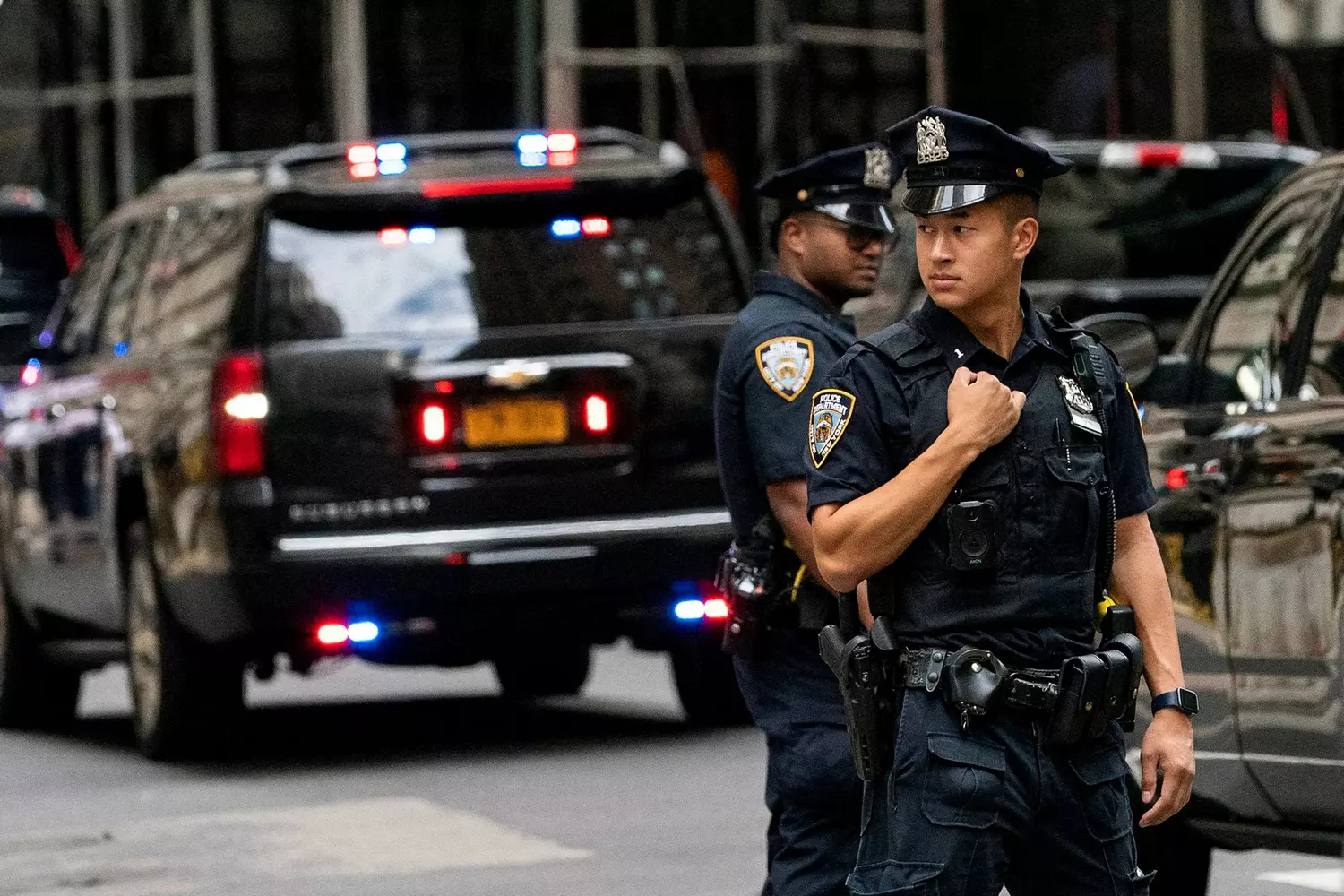
So, what do troopers do?
Trooper is a versatile term. It can refer to a sergeant or an ordinary patrol officer. Traditionally, though, it’s used for officers who patrol high-speed highways, interstates, and major traffic roads. Trooper vehicles are usually equipped with more powerful engines, and troopers are officially allowed to break certain traffic rules during pursuits or to prevent dangerous situations.
They technically fall under the state police, but have the authority to operate along their assigned highways — even if the route crosses several state lines. However, outside of the highway, their jurisdiction ends and they can no longer represent law enforcement. Their uniforms often feature a wide-brimmed military-style hat, too.
There are usually fewer troopers than regular police officers. But if you catch a trooper’s attention — and your conscience isn’t as pure as fresh January snow — you’re unlikely to get away unpunished. We’ve already covered more about traffic fines in the USA earlier.
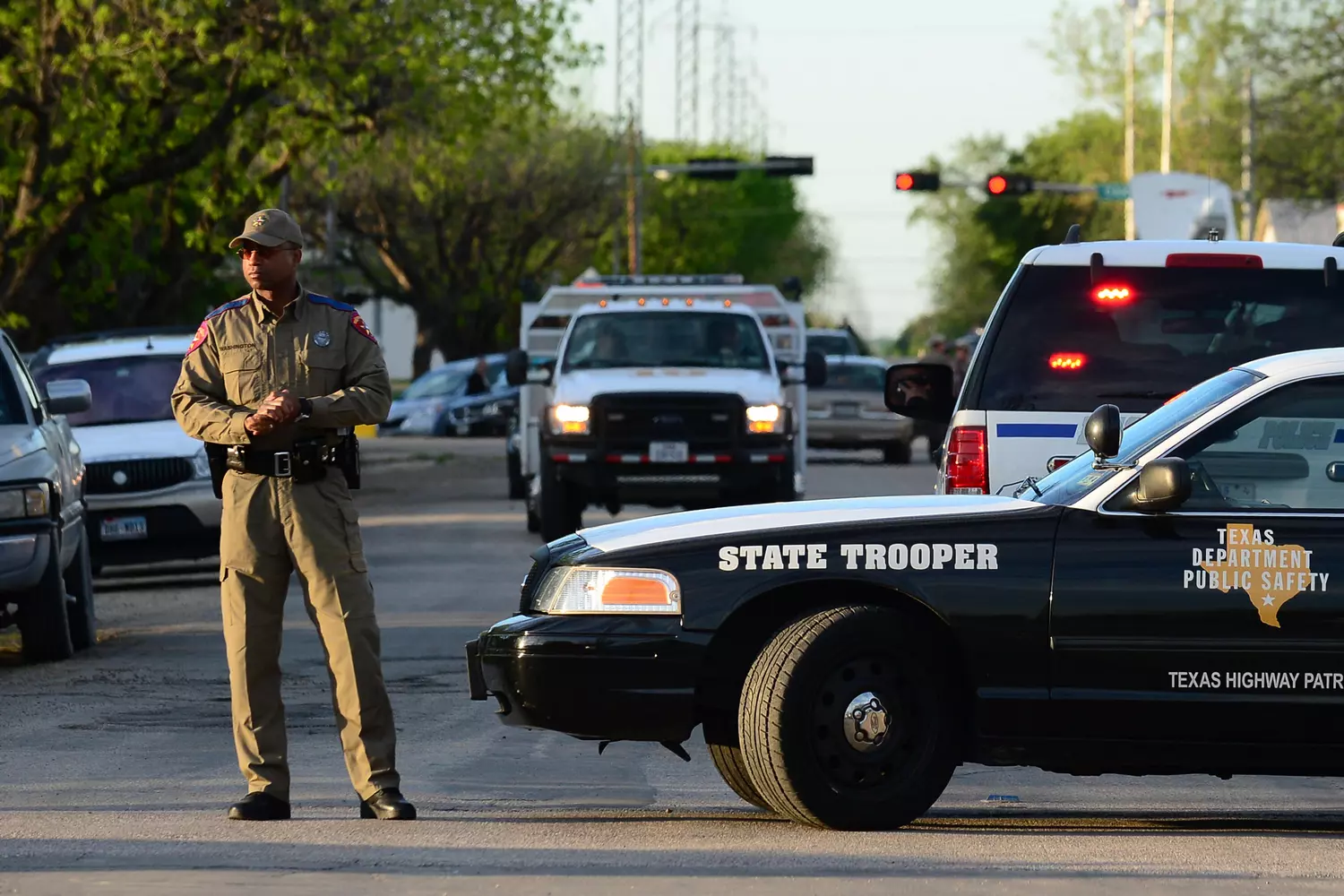
Sheriffs: Now that's old school and the power of local government
Sheriff — now that’s an elected position. Yes, these guys are actually voted into office, just like mayors or governors. And that’s where it gets interesting: a sheriff doesn’t just have a badge — he has a “people’s mandate.” In other words, his authority (figuratively speaking) carries some serious weight.
A sheriff oversees law enforcement across an entire county (which is bigger than just one city) and often manages the local jails as well. Under his command are deputy sheriffs, who perform typical police functions but with a bit more operational freedom.
Basically, if we break it down:
- Police Officer — enforces the law within city limits.
- Trooper — a highway enforcer with a need for speed.
- Sheriff — the local “boss,” responsible for everything from keeping order in the county to running the local detention center.
Who’s tougher? Depends on the situation. But if you ever meet all three at once — better show a white flag and stay squeaky clean.
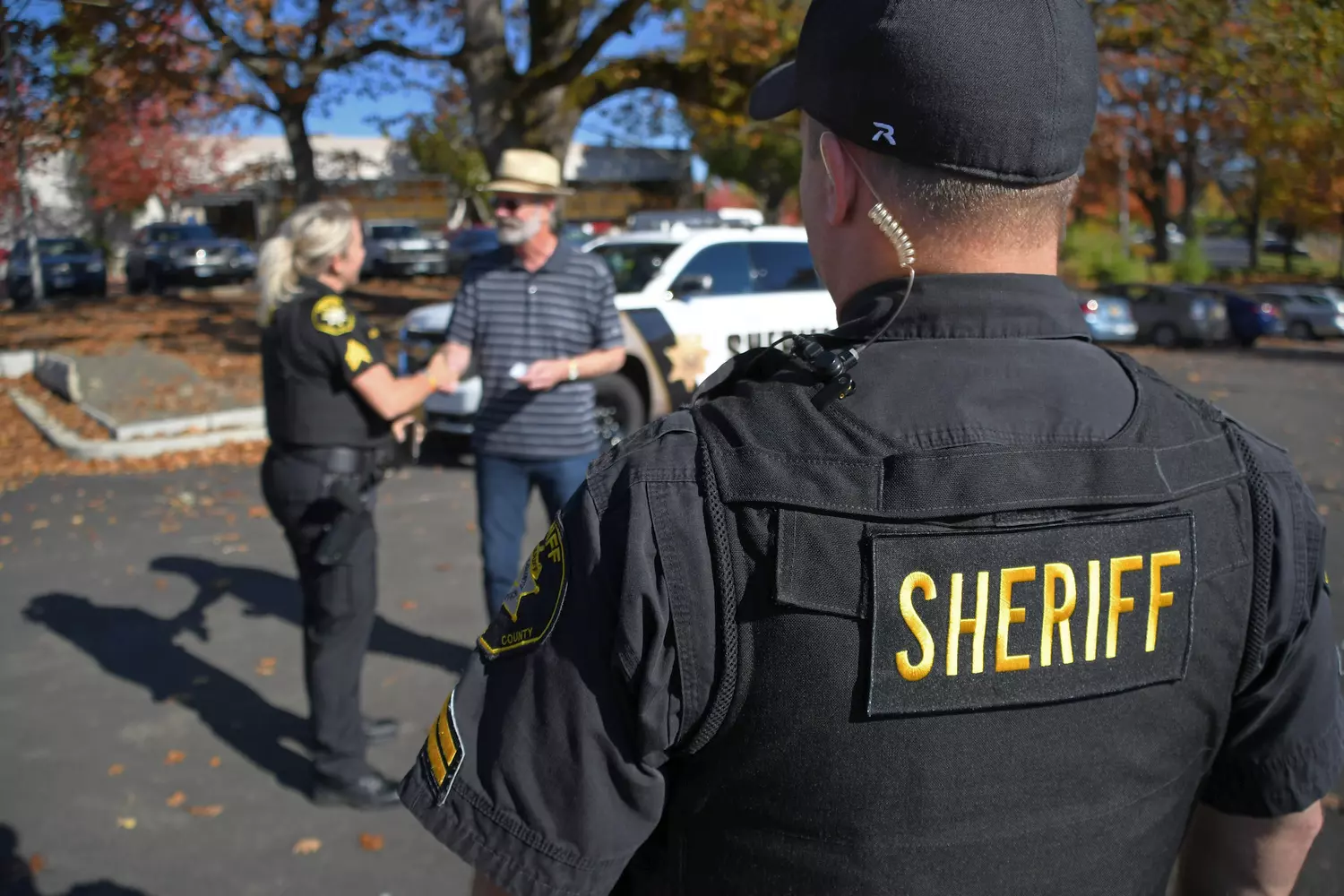
"Police isn't a job. It's a way of life. Especially if you're in a movie."Commandant Lassard, from the movie Police Academy
What should a tourist do?
Knowing the difference is already half the battle. If you want to feel confident anywhere in the U.S. and understand who’s approaching you with questions — learn to spot the differences and keep reading other materials from American Butler.
And if you're planning a trip, we won’t just guide you on a tour — we'll also teach you how to handle yourself across different states, with different types of officers, and in any situation. No panic, no fines.














